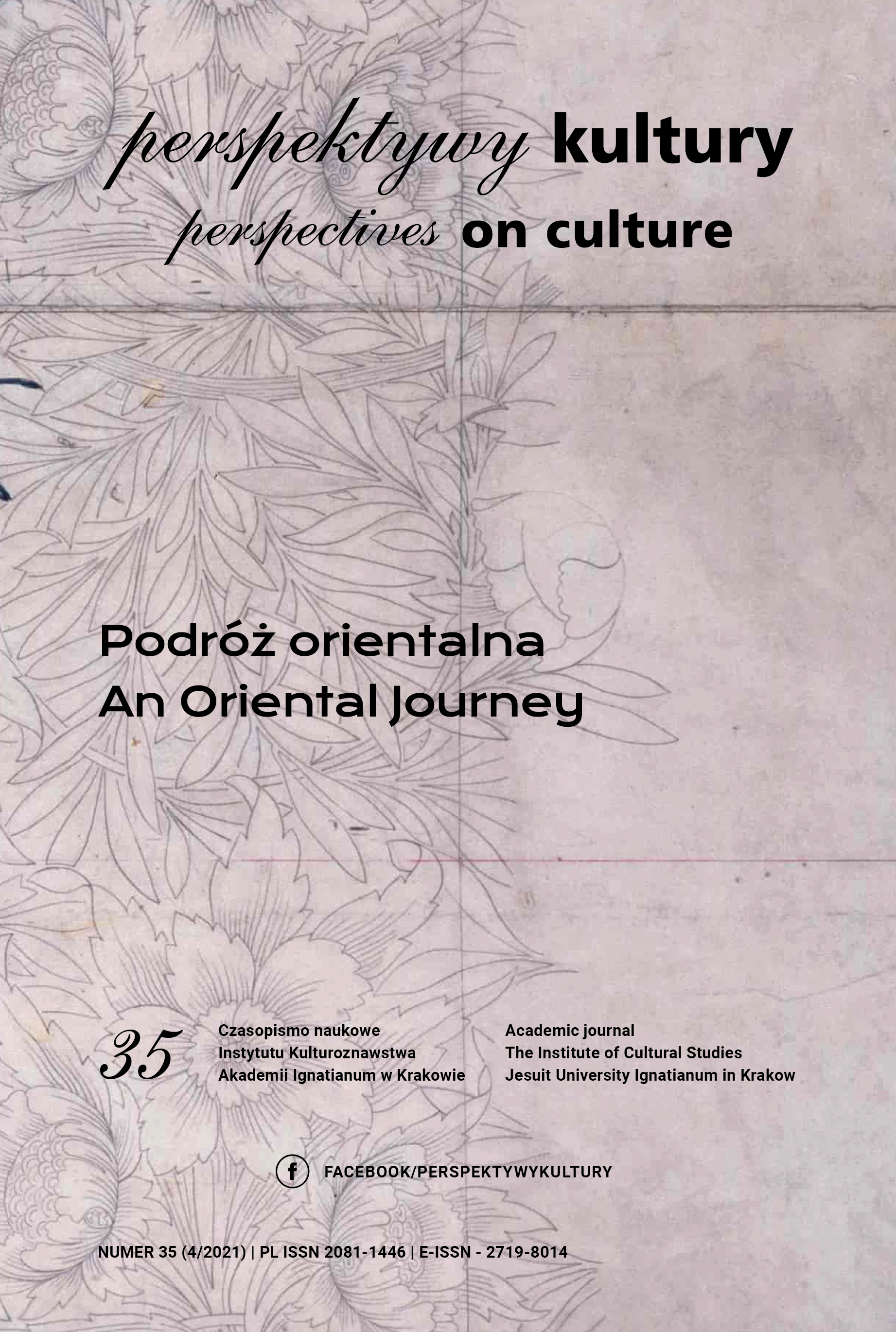The Village of Psimolophou in Cyprus and the Latin Patriarchs of Jerusalem
Abstract
Psimolophou is perhaps the best known village in medieval Cyprus, thanks to a document published by Jean Richard in 1947 that provides extensive and detailed information about the finances and organization of the fief, the people, and their obligations in the early fourteenth century. Less attention has been paid to the unusually well-documented vicissitudes of the fief, an important Templar property that after the dissolution came into the hands of the exiled Latin patriarchs of Jerusalem. The story presented below involves a long struggle over tithes, the diversion of the river going through the fief, and the gradual decline of patriarchal control over Psimolophou. It is told largely using sources discovered by Professor Richard himself in the 65 years following his 1947 publication, and two key documents are printed in an appendix.
References
Bullarium Cyprium I: Papal Letters Concerning Cyprus 1196–1260 (2010a). Ed. C. Schabel. Nicosia: Cyprus Research Centre.
Bullarium Cyprium II: Papal Letters Concerning Cyprus 1261–1314 (2010b). Ed. C. Schabel. Nicosia: Cyprus Research Centre.
Bullarium Cyprium III: Lettres papales relatives à Chypre 1316–1378 (2012). Eds. C. Perrat & J. Richard, avec la collaboration de C. Schabel. Nicosia: Cyprus Research Centre.
Coureas, N. (1997). The Latin Church in Cyprus, 1195–1312. Aldershot: Ashgate.
Coureas, N. (2010). The Latin Church in Cyprus 1313–1378. Nicosia: Cyprus Research Centre.
Coureas, N. (2020). Fluctuating Territoriality. The Military Orders and the Crown of Cyprus: 1191–1313. In M.-A. Chevalier (ed.), Ordres militaires et territorialité au Moyen Âge: entre Orient et Occident. Paris: Paul Geuthner, 125–158.
Chronique d’Amadi (1891). Ed. R. de Mas Latrie. Paris: Imprimerie nationale. Diplomatarium Veneto-Levantium. Sive acta et diplomata res Venetas, Graecas atque Levantis illustrantia. Vol. II: 1351–1454 (1889). Ed. R. Predelli. Venice: Deputazione Veneta di storia patria.
Dunbabin, J. (1991). A Hound of God. Pierre de la Palud and the FourteenthCentury Church. Oxford: Clarendon Press.
Edbury, P.W. (1991). The Kingdom of Cyprus and the Crusades, 1191–1374. Cambridge: Cambridge University Press.
Eubel, C. (1913). Hierachia catholica medii aevi. Münster: Libraria Regensbergiana.
Florio Bustron (1886). Chronique de l’île de Chypre, ed. R. de Mas Latrie. Paris: Imprimerie nationale.
Hill, G. (1948). A History of Cyprus: Vol. 2. The Frankish Period, 1192–1432. Cambridge: Cambridge University Press.
Hoberg, H. (1949). Taxae pro communibus servitiis ex libris obligationum ab anno 1295 usque ad annum 1455 confectis. Vatican City: Biblioteca Apostolica Vaticana.
Kouroupakis, A. (2018). Η Κύπρος και το Μεγάλο Σχίσμα της Δύσης (1378– 1417). Nicosia: University of Cyprus (PhD dissertation).
Leontios Makhairas (2003). Xρονικό της Kύπρου. Παράλληλη διπλωματική έκδοση των χειρογράφων, eds. M. Pieris & A. Nicolaou-Konnari. Nicosia: Cyprus Research Centre.
Logan, F.D. (2020). The Register of Simon Sudbury, Archbishop of Canterbury, 1375–1381. Woodbrighe: Boydell & Brewer.
Lusignan, É. de (1580). Description de toute l’isle de Cypre. Paris: Guillaume Chaudiere. 53
Lusignan, É. de (1586). Les généaologies de soixante et sept très-nobles et trèsillustres maisons. Paris: Guillaume le Noir.
Mas Latrie, L. de (1852–1861). Histoire de l’île de Chypre sous le règne des princes de la maison de Lusignan, 3 vols. Paris: Imprimerie nationale.
Mas Latrie, L. de (1881). Généalogie des rois de Chypre de la famille de Lusignon. Venice: Marco Visentini.
Mas Latrie, L. de (1882). Documents nouveaux servant de preuves à l’histoire de l’île de Chypre sous le règne des princes de la maison de Lusignan. Paris: Imprimerie nationale.
Mas Latrie, L. de (1893). Les patriarches latins de Jérusalem Mas-Latrie. Revue de l’Orient latin, 1, 16–41.
Richard, J. (1947). Le casal de Psimolofo et la vie rurale en Chypre au XIVe siècle. Mélanges d’archéologie et d’histoire de l’École Française de Rome, 59, 121–153. Reprinted in idem (1976). Orient et Occident au Moyen Âge. Contacts et relations XIIe-XIVe siècles. London: Variorum, no. IV.
Richard, J. (1962). Chypre sous les Lusignan. Documents chypriotes des archives du Vatican (XlVe et XVe siècles). Paris: Librairie orientaliste Paul Geuthner. Richard, J., with Papadopoullos, T. (1983). Le Livre des remembrances de la secrète du royaume de Chypre: 1468–1469. Nicosia: Cyprus Research Centre.
Richard, J. (1984–1987). Les comptes du collecteur de la Chambre Apostolique dans le royaume de Chypre (1357–1363). Eπετηρίδα του Κέντρου Επιστημονικών Ερευνών, 13–16, 1–47. Reprinted in idem (1992). Croisades et états latins d’Orient. Aldershot: Ashgate, no. XV.
Richard, J. (1999). La levée des decimes sur l’Eglise latine de Chypre. Documents comptables de 1363–1371. Eπετηρίδα του Κέντρου Επιστημονικών Ερευνών, 25, 11–18. Reprinted in idem (2003). Francs et orientaux dans le monde des croisades. Aldershot: Ashgate, no. XX.
Setton, K.M. (1976). The Papacy and the Levant (1204–1571). Volume I. The Thirteenth and Fourteenth Centuries. Philadelphia: American Philosophical Society.
Copyright (c) 2021 Jesuit University Ignatianum in Krakow

This work is licensed under a Creative Commons Attribution 4.0 International License.
Autor, zgłaszając swój artykuł, wyraża zgodę na korzystanie przez Wydawnictwo Uniwersystet Ignatianum z utworu na następujących polach eksploatacji:
- utrwalania utworu w formie papierowej, a także na nośniku cyfrowym lub magnetycznym;
- zwielokrotnienia utworu dowolną techniką, bez ograniczenia ilości wydań i liczby egzemplarzy;
- rozpowszechniania utworu i jego zwielokrotnionych egzemplarzy na jakimkolwiek nośniku, w tym wprowadzenia do obrotu, sprzedaży, użyczenia, najmu;
- wprowadzenia utworu do pamięci komputera;
- rozpowszechniania utworu w sieciach informatycznych, w tym w sieci Internet;
- publicznego wykonania, wystawienia, wyświetlenia, odtworzenia oraz nadawania i reemitowania, a także publicznego udostępniania utworu w taki sposób, aby każdy mógł mieć do niego dostęp w miejscu i czasie przez siebie wybranym.
Wydawca zobowiązuje się szanować osobiste prawa autorskie do utworu.





